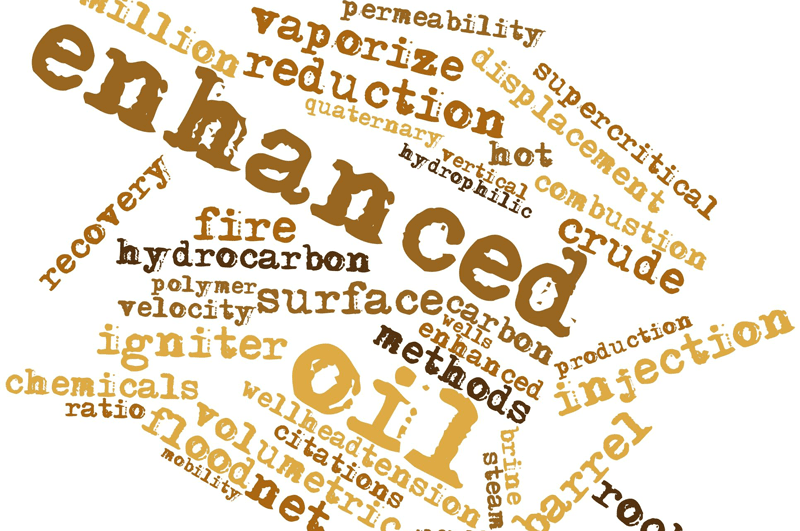A pleasure to be with you again. In the midst of the adversities created by this pandemic, we find the news that oil has dropped its price to an all-time low. Is this perhaps the end of the Oil Age? Of course not! It is time only to check the theory that we will not be forever in the same place, exercising the same primary role in society. It is time to move toward more efficient and profitable companies.
About 20 years ago, when I was working in the optimization department of an oil company in Venezuela, specifically in an extra-heavy oil field, I understood firsthand that secondary recovery departments must fight every day against traditional practices where they consider drilling a well more reliable than intervening in another well for a fraction of its value.
As illogical as it may seem, I discovered in later years that this practice is repeated in Mexico, Colombia and even in the United States. Investigating these organizations a little further, I concluded that well service companies had already recognized or not, in the last decade’s transformation, the enhanced oil recovery (EOR), the flow assurance, and the well stimulation in highly lucrative businesses, but [were] not very profitable for the owner of the reservoir.
We discovered cases where entire fields were subjected to innumerable unnecessary services, the application of stimulation packages that did little or nothing to benefit the wells and, in some cases, caused irreparable damage to the reservoirs.
It was then that a question arose: what level of complexity and differentiation exists between each of the solutions for EOR that we have used and that are currently still in practice in many countries?
Unfortunately, the response was not pleasant. Large organizations make the implementation of new technologies to improve their production processes into impossible and exhausting days, even when their current practices only represent negligible aid for their fields, which forces the operations departments to try to survive with limited resources at their fingertips.
Another revealing detail was obtained by evaluating the real efficiency of the products in fields with critical production, where wells with high potential and with injection systems continued to show an accelerated decline and with a high amount of repetitive services in a short time such as acidification and hot oiler.
When we started the race to develop new chemical products, we decided as a business philosophy, to provide specialized technical advice to organizations and to demonstrate with facts that oil fields can be managed efficiently, with low consumption of chemical products, reducing the impact on wastewater and obtaining clean oil with the use of the least amount of economic resources.
But, of course, nothing is more revealing than when you are in the position of trying to promote a change on the other side of the desk. I still remember, as if it were today, the face of a manager who explained how we could achieve crude in marketing quality minus one percent (-1%) S&W through the injection of a chemical that allows improved production, the mobility of crude oil, improved separation, and reduced retention time in tank yards. He asked, “Because no one has achieved that? Because the big corporations have not achieved that?” And perhaps the most obvious answer is that it is much more profitable to sell a stimulation package of six products for a well than one that becomes miscible with crude oil in the process, perhaps because it is easier to schedule one intervention per month of a hot oiler or acidification, and cross them so that perhaps one day the well will miraculously stop producing paraffins.
It is time to promote the use of new technologies and open our eyes to our new reality. It is time to understand that emerging service companies bring fast, simple, and economically viable solutions for oil fields.
“It is not the strongest of the species that survive, nor the most intelligent, but the one more responsive to change.” – Charles Darwin
Tulio Pulgar is the CEO of Tundra Drilling Well Services Inc. He has production specialist experience in heavy oil reservoirs and is a private oilfield operator. Mr.Pulgar is also an advisor for new technologies and chemical product development. Tundra Drilling Well Services in the last years has given solutions to complex problems in production management and distribution of heavy crude oil in the United States, Mexico and Venezuela.








